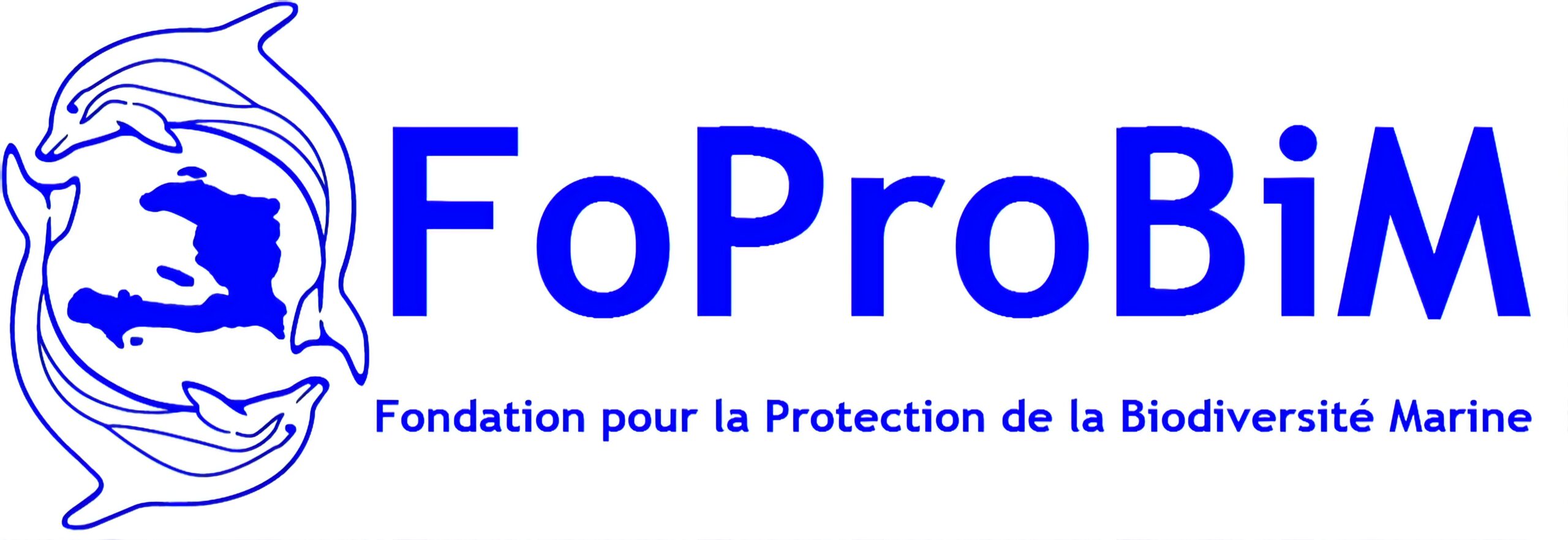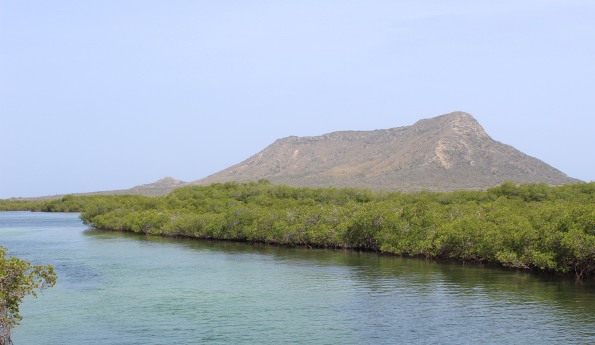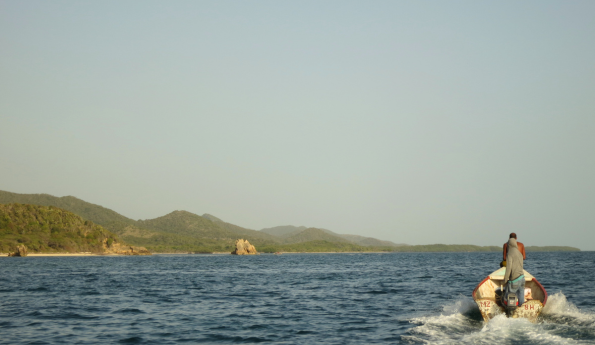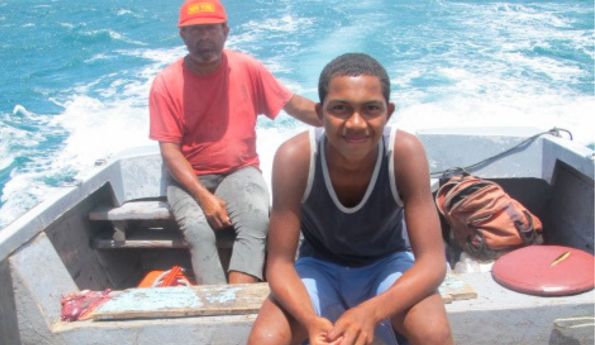Integrated Marine Ecosystem Management in Northern Hispaniola
Northern Hispaniola is one of the top regions in the world impacted by climate change. To combat this challenge, more must be done to equip the people of the Dominican Republic and Haiti to develop locally-owned strategies for climate resiliency, especially community organizations and youth who will be responsible for conserving local ecosystems for future generations.
Marine-coastal biodiversity is threatened by several factors, including pollution, overfishing, invasive species, and unsustainable recreational practices. These factors negatively impact livelihoods and food security for the people who depend on the marine resources. Poor agriculture, timber, and fishing practices have led to high rates of marine environmental degradation and pressure on the ecosystem.
The Integrated Marine Ecosystems Management in Northern Hispaniola (IMEM) was a three-year program which aimed to improve the management and conservation of marine ecosystems on the northern coast of Haiti and the Dominican Republic, while minimizing economic and cultural disruption to the communities that depend on those ecosystems.
Within the life of the program, we:
- Supported sustainable rice farming, fishing, and tourism
- Trained fishing associations to promote coastal resiliency
- Built networks between businesses and the national government
- Established a trans-border working group where Haitian and Dominicans can improve natural resource governance.
Objectives:
- Implement participatory and adaptive management plans for marine protected areas
- Foster local-level, cross border collaboration and experience-sharing related to participatory governance of marine protected areas
- Impart and implement best practices in fishing and faming systems and ecotourism
Working with partners, IMEM identified and engaged with stakeholders in the marine and sustainable rice value chains and created governance councils in the four marine protected areas, a critical participatory mechanism for addressing the issues affecting the value chains.
In Haiti, IMEM designed a socioecological study that will develop a better understanding of the fishing ecosystem. In both countries, the project conducted workshops with stakeholders to identify issues affecting the management of the marine protected areas.
In the Dominican Republic, AgroFrontera strengthened the locally-driven rice value chain by facilitating access to low interest loans for IMEM rice farmers while creating market linkages between farmers and a rice company interested in selling this sustainable rice to consumers. IMEM also started responsible fisheries training with young fishers and has begun the work to create a market link for these sustainably caught fish with local seafood restaurants.
Working with public education stakeholders in both countries, IMEM developed curricula to integrate teaching of natural resource management and ecosystem management in schools.
As COVID-19 become a national health emergency in both the Dominican Republic and Haiti, IMEM adapted to include pandemic relief programming.
In Haiti, the first Haitian-Creole COVID-19 pamphlets and posters were drafted for the IMEM communities to be distributed throughout the program’s network in-country and directly to community health organizations in the area.
In the Dominican Republic, IMEM supported the distribution of food rations to 700 families across Montecristi and leveraged coordination support by recruiting 31 local community-based enterprises to distribute aid to the most rural and marginalized areas.









